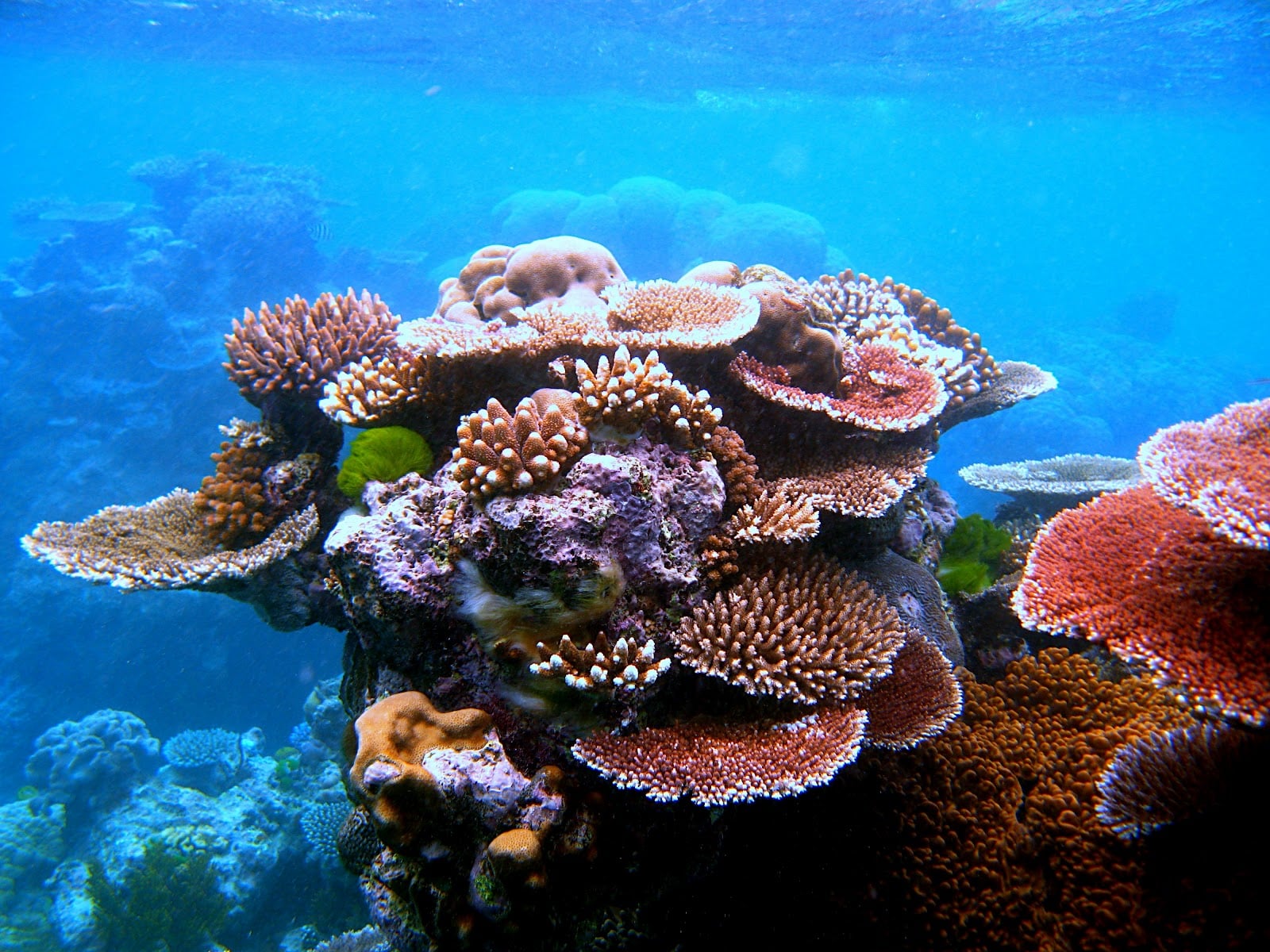Microbiomes Could Play Crucial Role in Coral Health: Study
Increased atmospheric carbon dioxide (CO2) is causing the oceans to warm and become more acidic, thus resulting in lower seawater pH and carbonate mineral saturation state. At the current rate of warming and ocean acidification, reefs are expected to experience significant declines in coral abundance, coral diversity, and reef growth before the end of this century.
Additionally, during the global bleaching crisis, more than 70 percent of corals worldwide experienced prolonged warm ocean temperatures hot enough to kill them. It was the longest and most severe in recorded history.
Despite this, some coral species appear to be more tolerant of these predicted conditions than others. The scientists, hence, believe the relationship between coral physiology and its microbiome may shed light on why some corals are more resilient to global change conditions.
“It is becoming increasingly apparent that the coral microbiome functions like the human gut microbiome,” said Andrea Grottoli, a researcher at Ohio State University who studies coral resilience.
The scientists hypothesize that corals’ microbes may boost the animals’ ability to handle stress and disease, fighting off harmful bacteria and compensating for some of the stress of warming waters.
“If we want to make good decisions about which coral populations are more resilient and which ones need more help, this study suggests that we have to take their associated microbial communities into account,”
she said.Andréa Grottoli and team exposed two different species of coral to the high temperatures and high levels of acidity expected by the end of the century.
Typically, when a coral experiences these conditions, it takes extreme measures: the coral animal, which builds the calcium carbonate skeleton you see when you go diving, ejects its partner, a symbiotic algae that aids the coral in making food. This process is called bleaching, because the algae takes the structure’s color with it when it departs, and most of the time it will kill the coral.
However, one of the corals that Grotolli’s team studied was almost unfazed by the warm and acidic conditions. When they examined the microbes living in a mucus layer on its surface, they also discovered that the species living there were almost the same as before the stressful test. Yet, the other coral that was being studied did bleach in response to the changing conditions, and the bacteria living on it was reduced in terms of number and diversity.
For Grottoli, the results confirm that there is a relationship between a coral’s health and its microbes, although which influences which isn’t yet clear. What all those bacteria are doing is also a much murkier question. “There’s far more unknown than known,” she said. “We don’t know if it’s changes in the microbial community that are causing shifts in the physiology, or if it’s changes in the physiology that make the coral no longer a good host of the microbes.”
She believes human intervention, though not entirely helpful, are necessary at this point of time. “I don’t think it’s reasonable for us not to do it at all” said Grottoli, though probably only “on very small scales and in targeted ways, so reefs don’t entirely disappear.”
“I think it’s probably more efficient to get political action to reduce CO2emissions than to try to replant the reefs of the world with resilient corals,” she said.
Even just slowing down the rate of CO2 emissions would buy more time for natural processes like adaptation and acclimatization to happen, she said.
If these recent studies of the coral microbiome have shown scientists anything, it’s that the relationship between coral, their genes and their symbiotic ride-along algae and bacteria is more responsive than once thought.
“There is potential for adaptation, acclimation, evolution,” said Grottoli. But she avoids the term “optimistic.” She prefers to be realistic, she said. Even in the best-case scenarios, “we’re just talking about degrees of reef loss – is it going to be bad, really bad or catastrophic?” Her hope: “It’s not guaranteed catastrophic.”

































